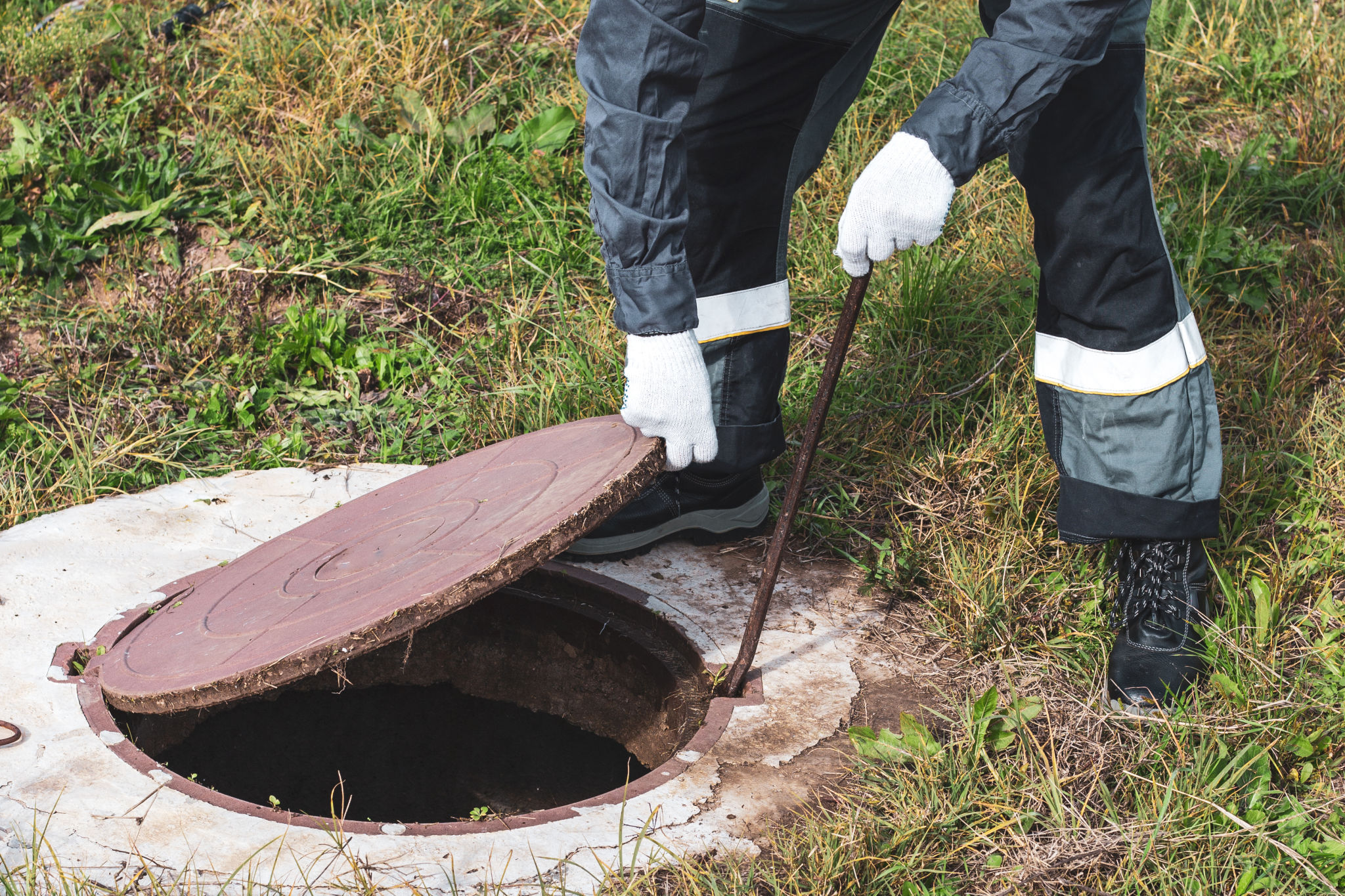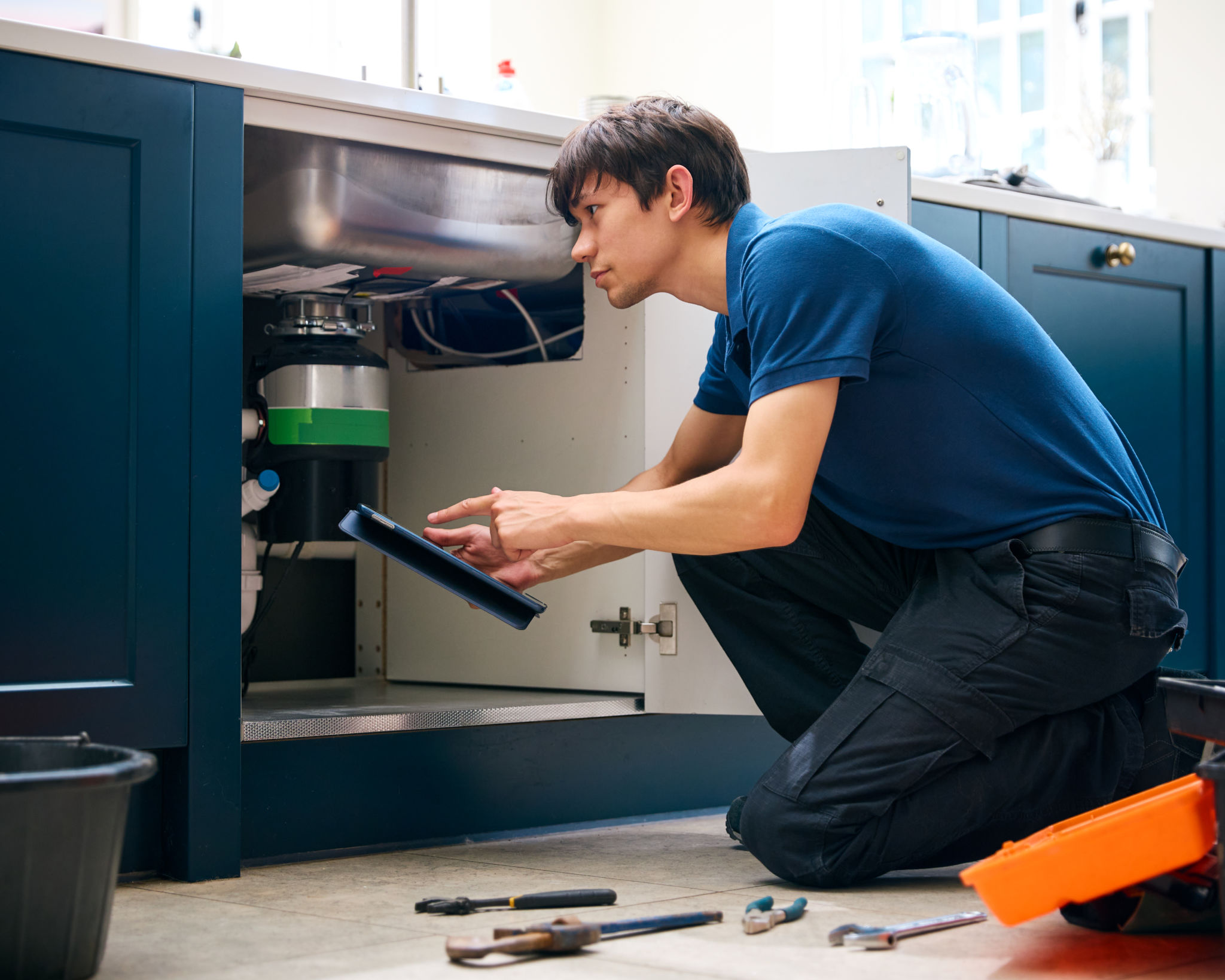The Ultimate Guide to Cesspool Maintenance and Care
Understanding Cesspools
Cesspools are underground storage tanks used for wastewater disposal in areas not connected to a centralized sewer system. They play a crucial role in managing household waste by collecting and holding sewage until it can be safely treated or removed. While cesspools are an essential component of many rural and suburban properties, they require regular maintenance to function efficiently.

The Importance of Regular Maintenance
Regular maintenance of a cesspool is vital to prevent costly repairs and ensure the longevity of the system. Without proper care, cesspools can become clogged with sludge and scum, which can lead to overflow or even complete system failure. To avoid these issues, homeowners should schedule routine inspections and pumping services.
Signs Your Cesspool Needs Attention
Being aware of the warning signs that your cesspool requires maintenance can save you time and money. Some common indicators include:
- Slow draining sinks and toilets
- An unpleasant odor around the property
- Standing water in the yard
- Lush, green grass over the cesspool area
Steps for Effective Cesspool Maintenance
Maintaining a cesspool involves several critical steps that homeowners should follow. Here is a simple guide to help you keep your cesspool in optimal condition:
1. Schedule Regular Pumping
One of the most essential aspects of cesspool maintenance is regular pumping. Typically, a cesspool should be pumped every three to five years, depending on household size and usage. Regular pumping prevents the buildup of solids that can lead to blockages.

2. Monitor Water Usage
Excessive water usage can overwhelm a cesspool, leading to system failure. Homeowners should aim to conserve water by fixing leaks, using water-efficient appliances, and spreading out laundry loads throughout the week.
3. Avoid Using Harsh Chemicals
Harsh chemicals can disrupt the natural bacteria in your cesspool that help break down waste. Avoid using bleach, drain cleaners, and antibacterial soaps, as these can harm the system's delicate ecosystem.
Professional Inspection and Maintenance
While homeowners can handle some aspects of cesspool care, professional inspections are recommended for a thorough evaluation. A trained technician can identify potential problems early and provide expert advice on necessary repairs.

Choosing the Right Professional Service
When selecting a service provider for your cesspool maintenance, look for companies with a strong reputation and experience in wastewater management. Check for licenses and certifications to ensure they meet industry standards.
The Benefits of Proper Cesspool Care
Investing time and effort into cesspool maintenance offers numerous benefits. Not only does it prevent costly repairs and environmental hazards, but it also ensures the health and safety of your household. By following these guidelines and seeking professional assistance when needed, you can maintain an efficient and reliable cesspool system.